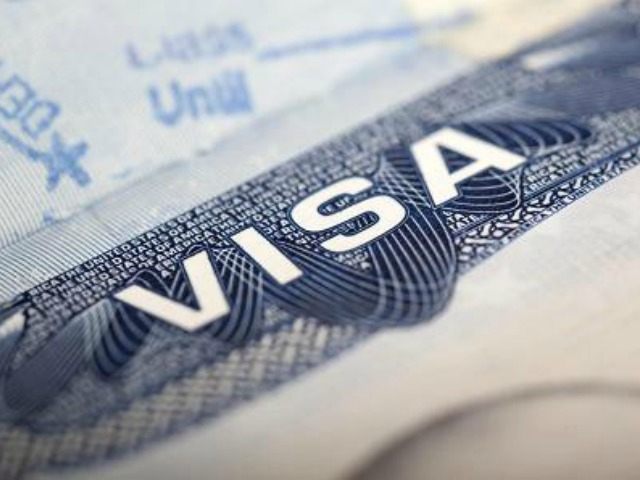The tech industry is seeking to bolster its argument for more white-collar foreign tech workers with the insulting claim that the education system is insufficiently preparing Americans for tech fields, according to pro-American worker attorneys with the Immigration Reform Law Institute.
In an op-ed published at The Daily Caller, IRLI attorneys John Miano and Ian Smith, take the tech industry to task for its strategy to promote the H-1B visa program — alleging a labor shortage of apt Americans tech workers while importing thousands of foreign workers on H1B visas from countries with lower educational results than the U.S.
The [tech industry’s] policy-push comes off Microsoft’s ‘National Talent Strategy’ hatched a few years back; an initiative which the company’s own general counsel apparently admitted was nothing but a ‘manufactured crisis’ really geared to serve the industry’s H-1B immigration agenda. Indeed, if America really did have an ‘education crisis’ in the STEM-fields, why do so many of the hundreds of thousands of H-1B professionals imported here every year come from places that do far worse educationally than we do?
The tech industry has been lobbying for increases to the number of temporary foreign workers allowed to come to the U.S. on H-1B visas for years by stressing that there are simply not enough American workers available to fill the needed positions. Opponents of H-1B visa increases, including Miano and Smith, argue that there is no labor shortage, but rather a labor glut as tech companies pass over and lay off American workers in favor of less expensive foreign labor.
According to Miano and Smith, the fallacy of the tech industry’s labor shortage claim has brought the industry to their next argument, that young Americans are not educated well enough in tech skills.
But this recent push of the ‘K-12 crisis’-narrative may be signaling a messaging-pivot from the industry. This would only make sense. With negative stories abound in the media this past election cycle, from lawsuits and congressional inquiries into Disney and SoCal Edison’s mass layoffs to the flurry of bills being introduced to curb H-1B abuses, even reliably globalist news outlets such as the New York Times and Huffington Post have come around on this issue.
As Miano and Smith highlight, according to data obtained by their law firm, IRLI, between FY 2013 and May of this year, out of nearly a million H-1B visa petitions, 70 percent were awarded to Indian nationals. While Miano and Smith say the finding is not “exactly surprising” as Indian workers tend to be younger and less expensive, they point out that “BigTech’s” argument for H-1B as a solution to yield better educated workers than those in America could present some issues.
But if the H-1B program really is meant to correct the failings of our education system, as BigTech’s new messaging-push implies, why is it importing so many people from India? According to results from the Programme for International Student Assessment (PISA), a global standardized math and science assessment sponsored by the OECD, India scored almost dead last among the 74 countries tested. The results were apparently so embarrassing, the country pulled out of the program all together. Not surprisingly then, there isn’t a single Indian university that appears within the top 250 spots of the World University Rankings Survey. And unlike American bachelor’s degrees, obtaining a bachelor’s in India takes only three years of study.
According to the pair, if the tech industry were focused on recruiting better educated foreign workers, as opposed to simply cheaper alternatives, they they might consider looking to Finland or South Korea, “two nationalities that regularly top PISA score-rankings.”
But let’s say BigTech’s right and there aren’t enough young people going into STEM. Could it be that young American students are avoiding the STEM fields, particularly in computer science, due to years of stagnant wages? Could it be that the many millions of foreign white collar-workers who’ve been dropped into our labor markets have created a kind of internal brain drain where American students are actually exiting or avoiding the tech field for other career paths?
Among Microsoft executives at least, there may be one genuine area of shortage in America today: patriots.
Read the full op-ed, titled “In A New Bid To Push H-1B Program, Microsoft Manufactures Claim U.S. Students Can’t Hack It In Tech.”

COMMENTS
Please let us know if you're having issues with commenting.